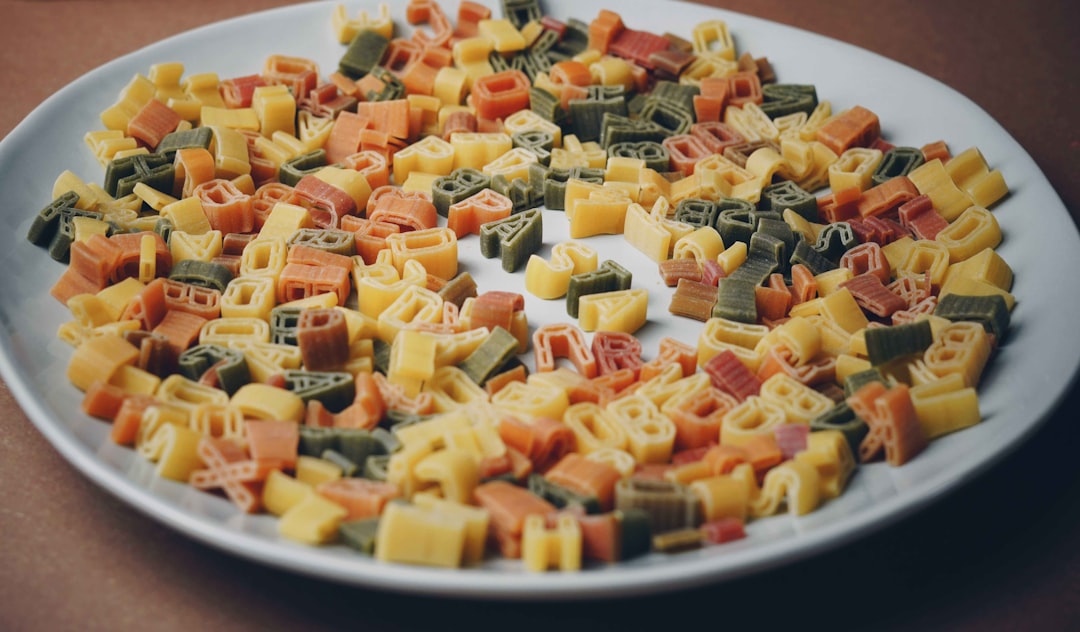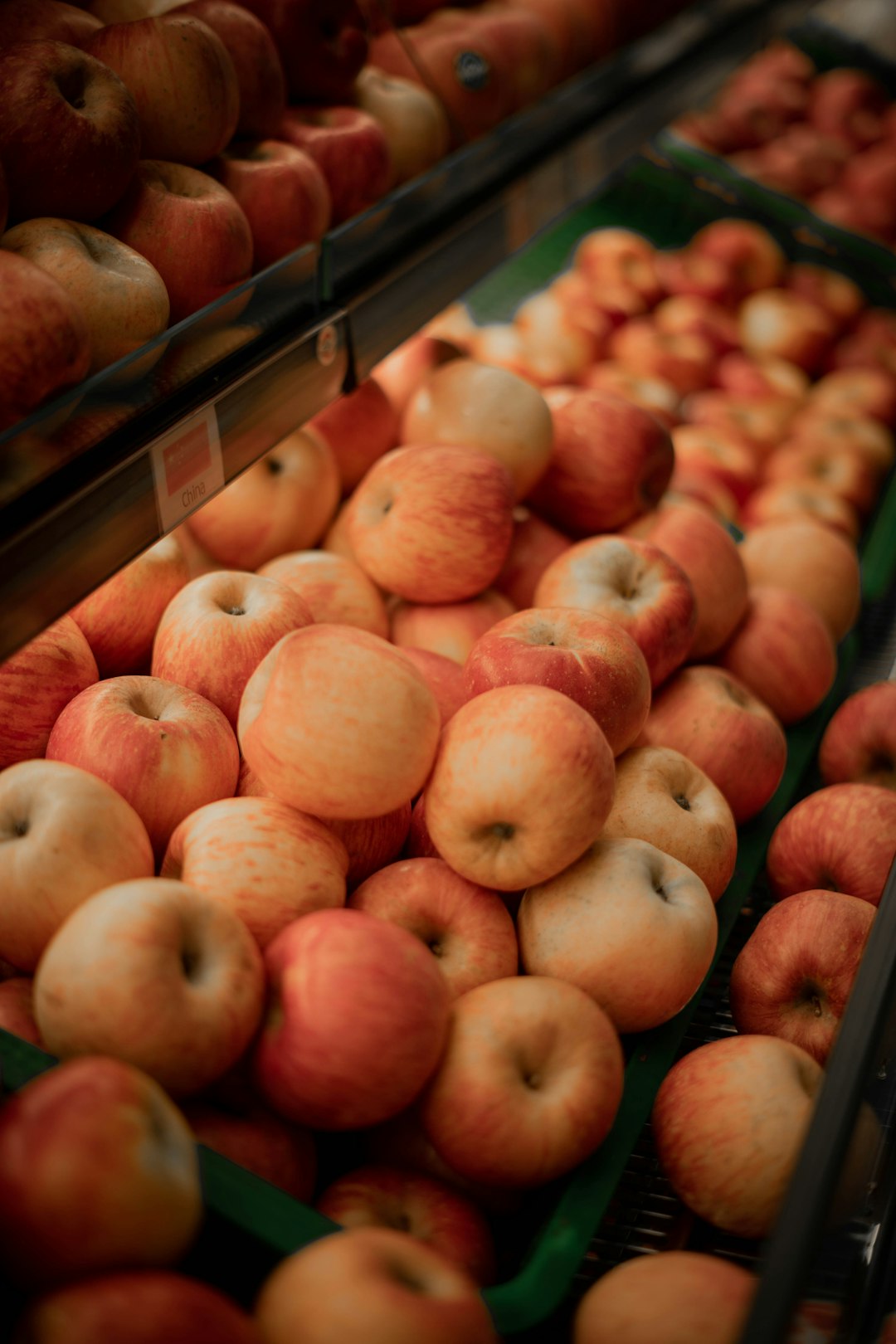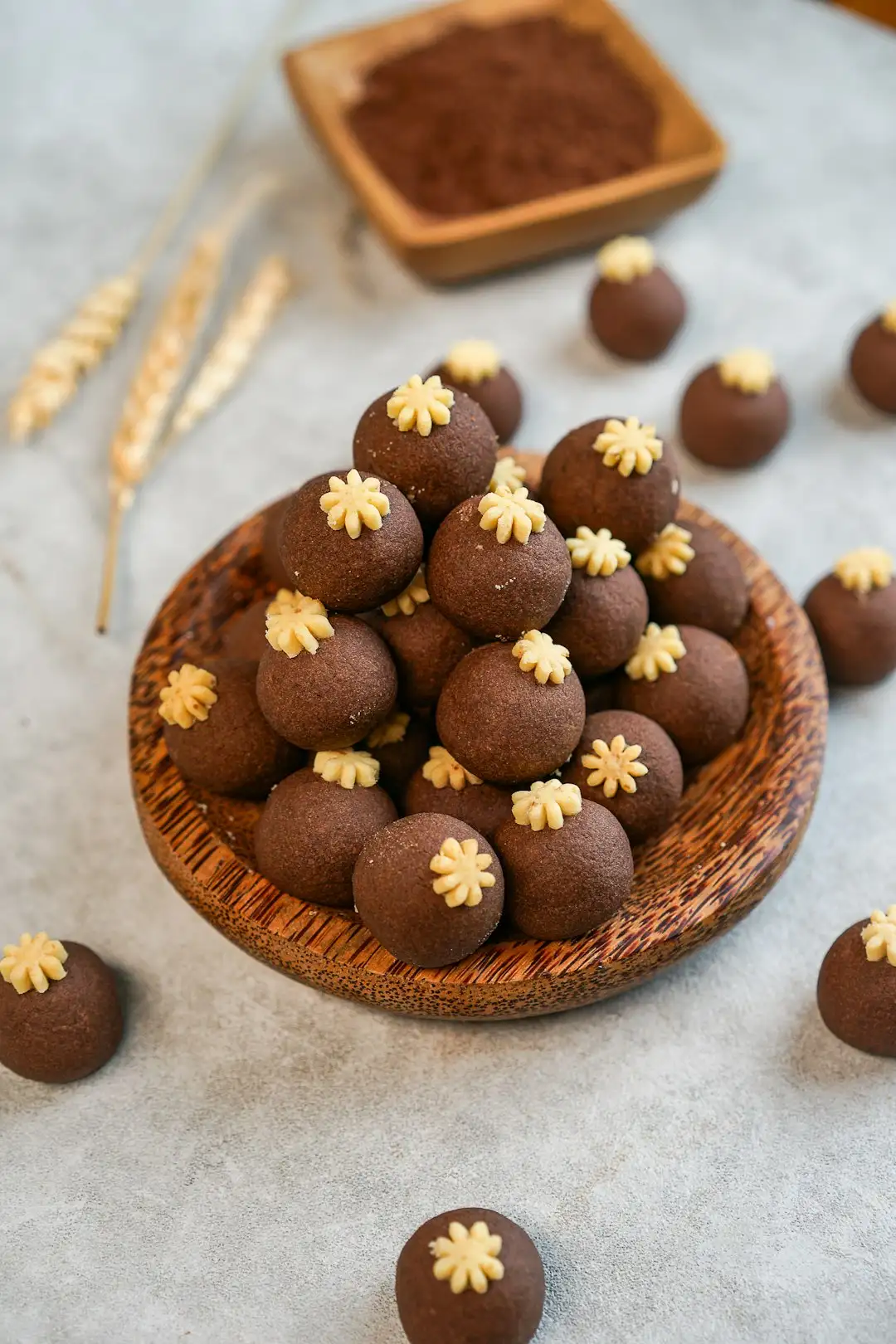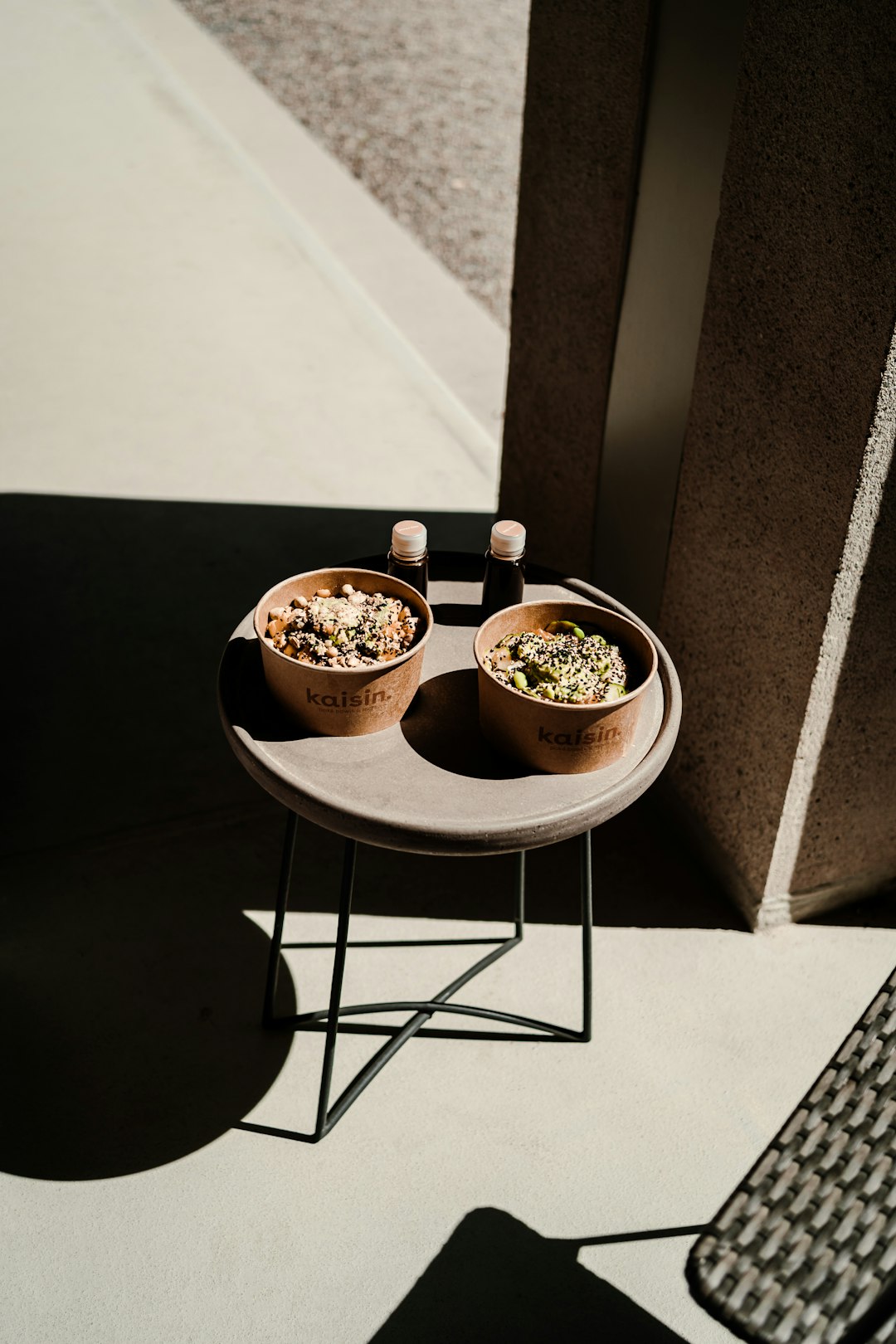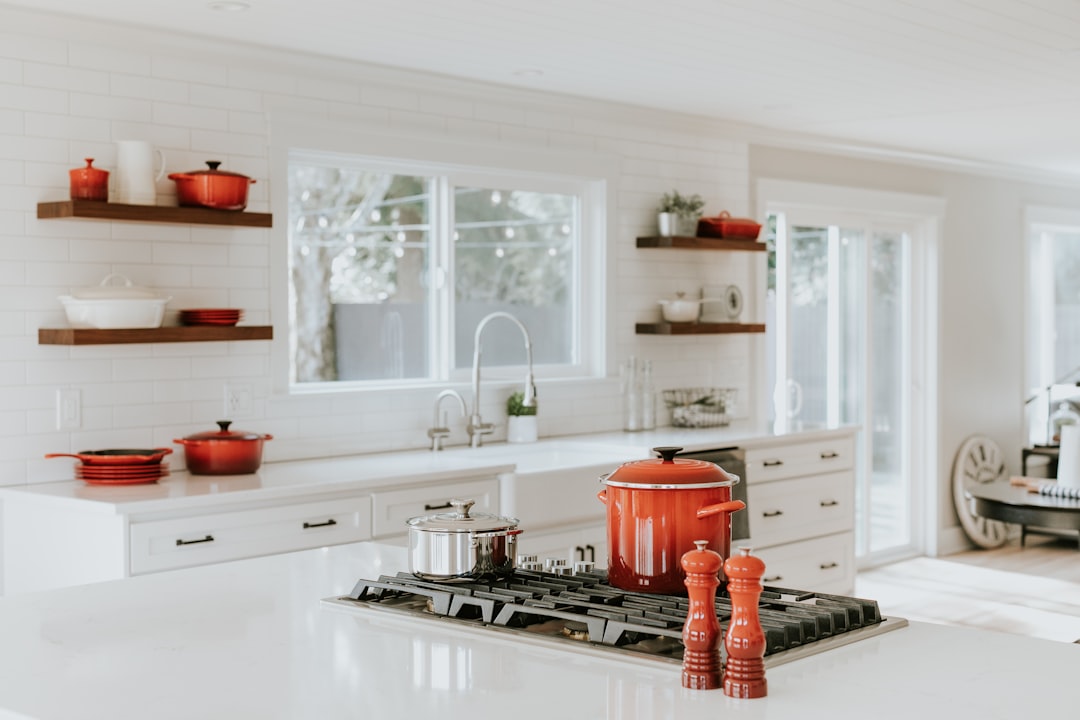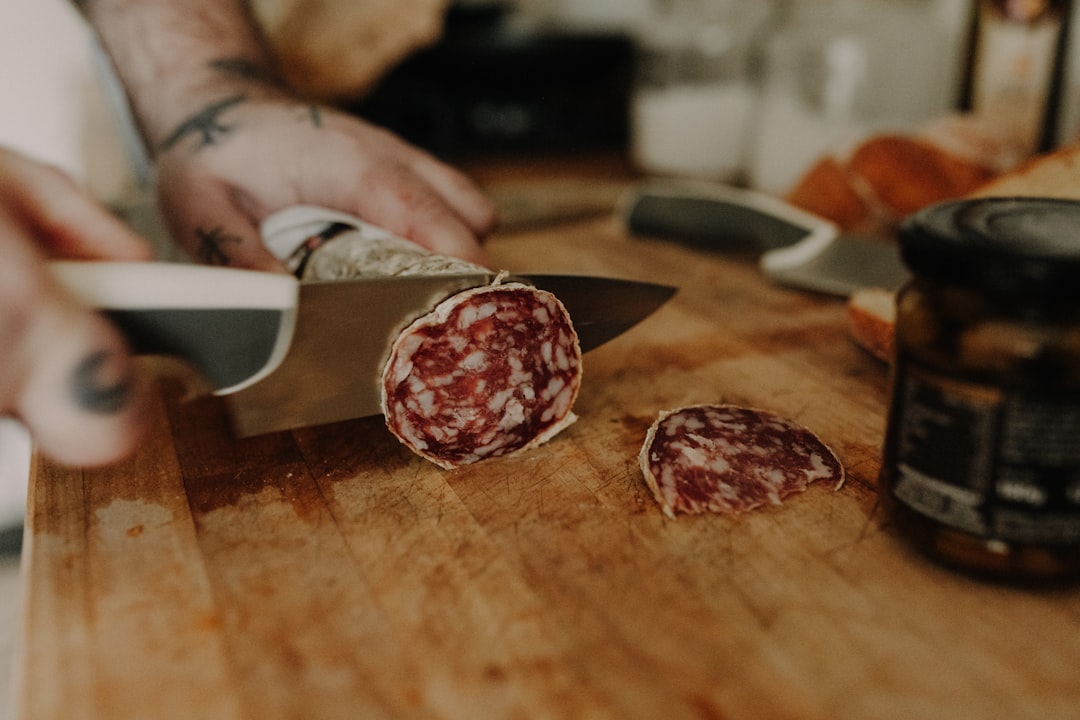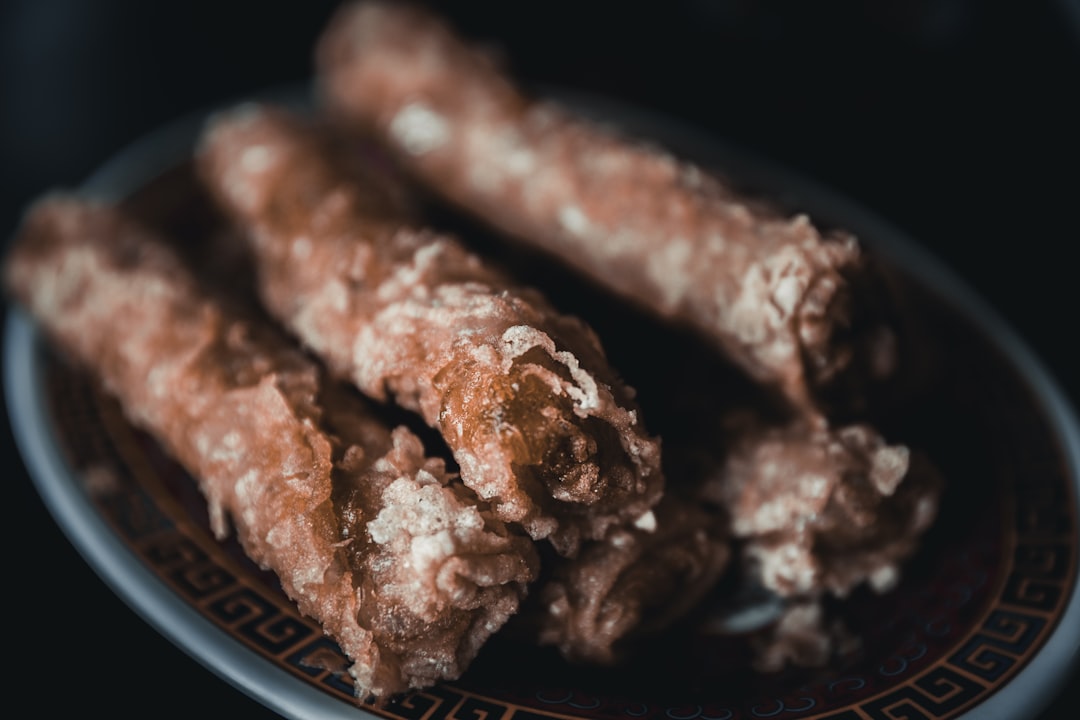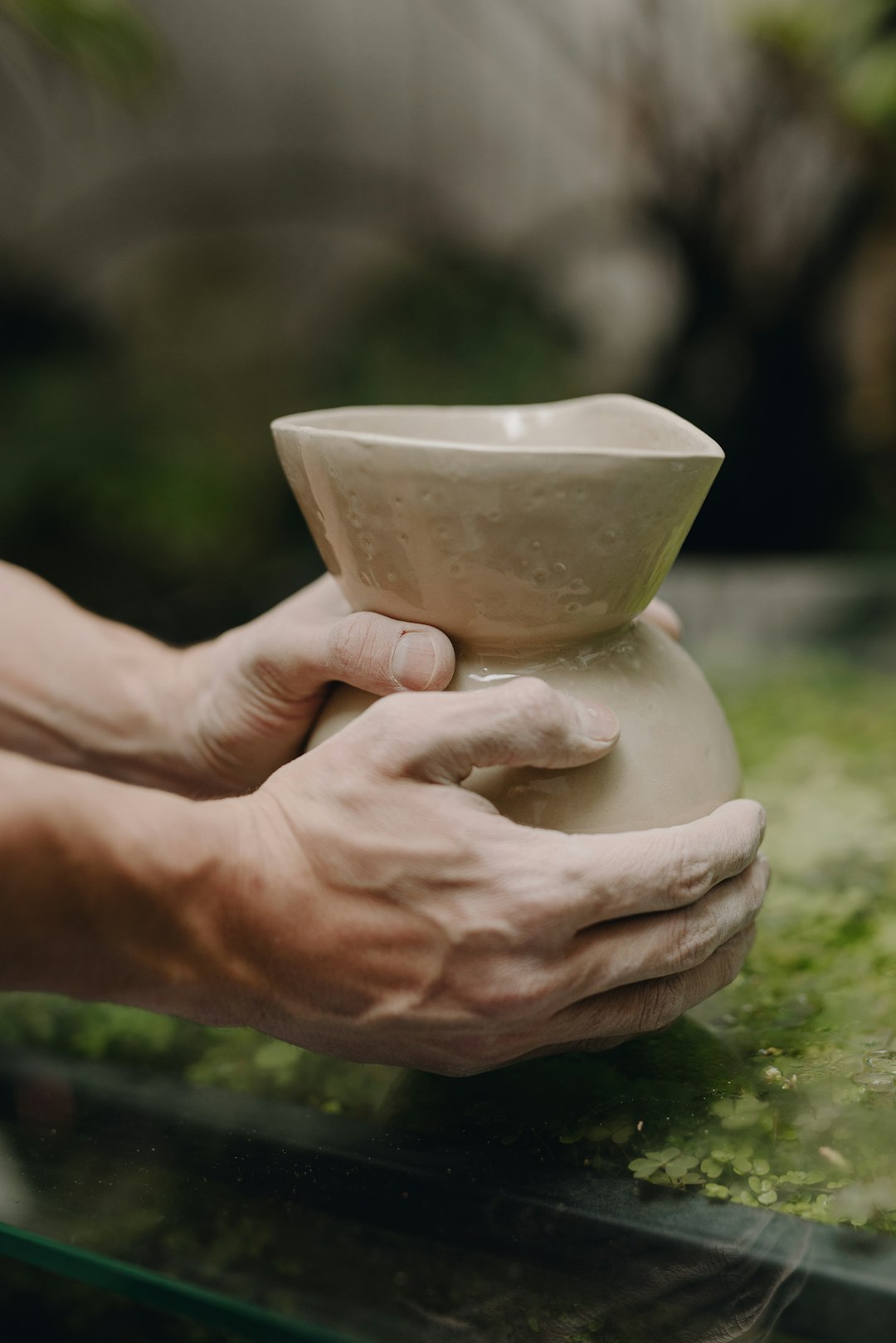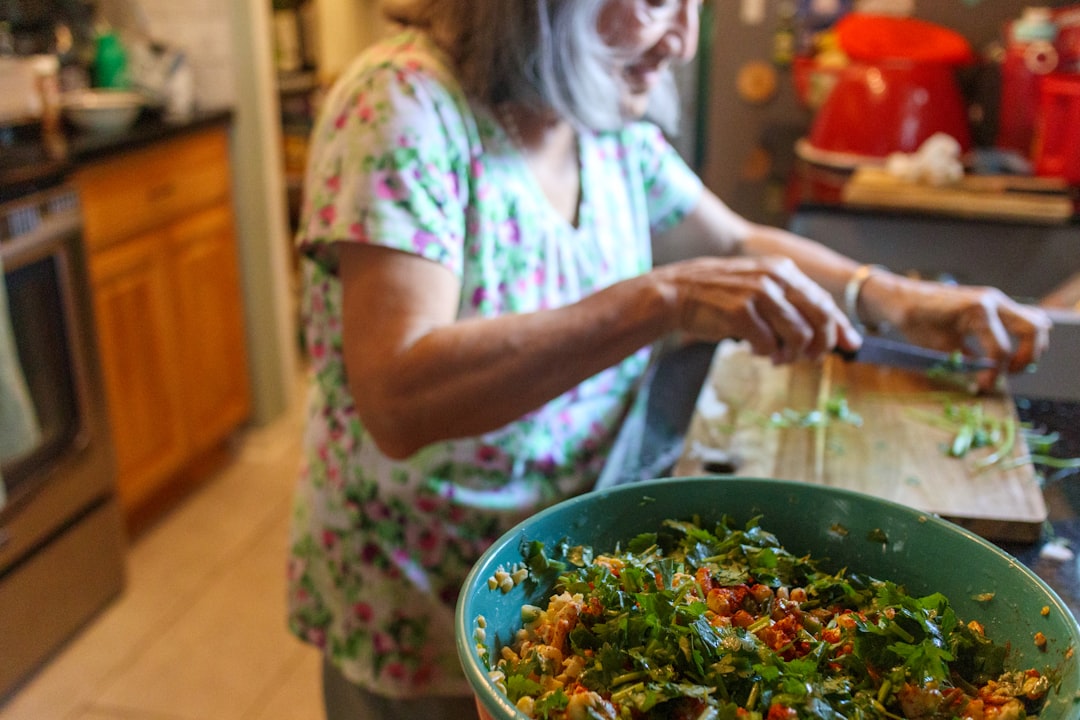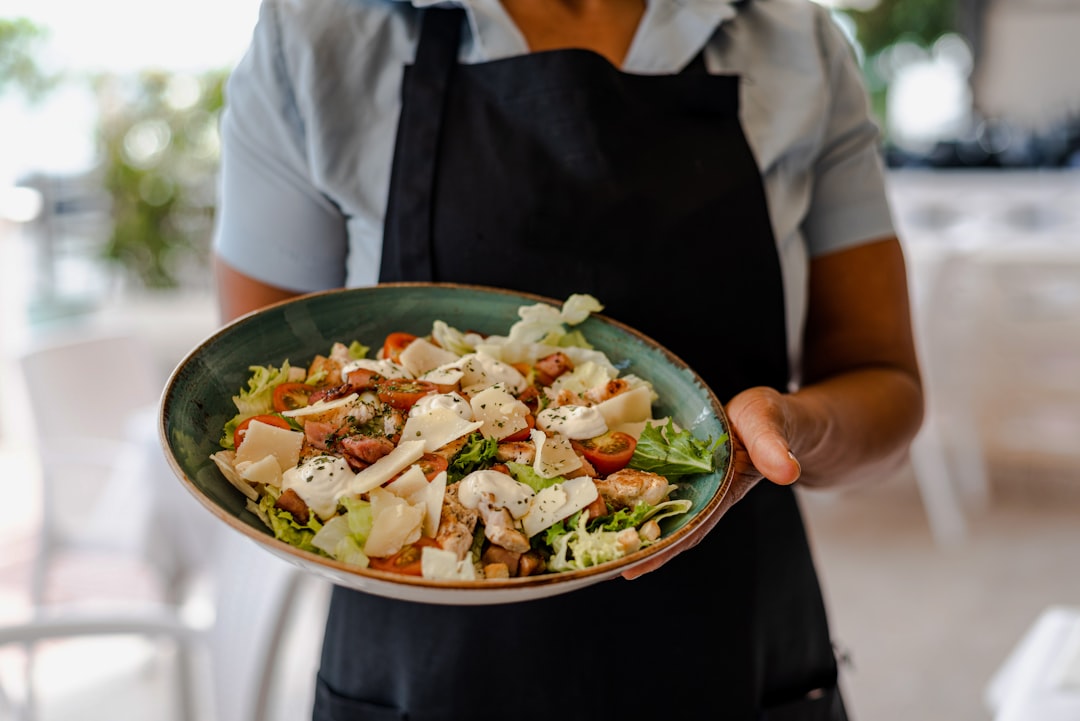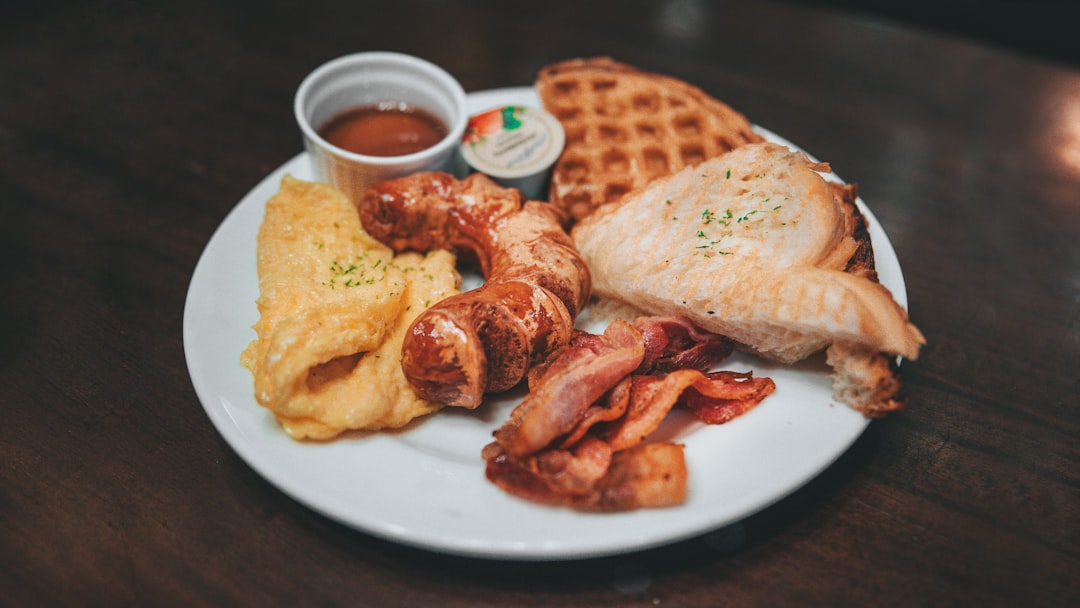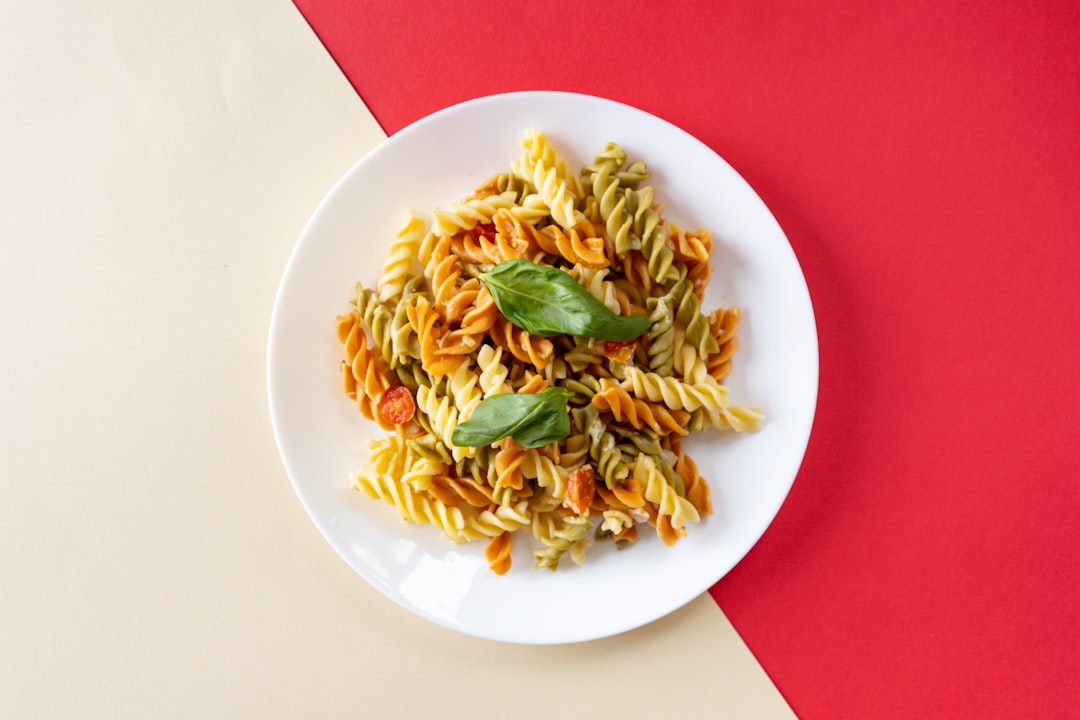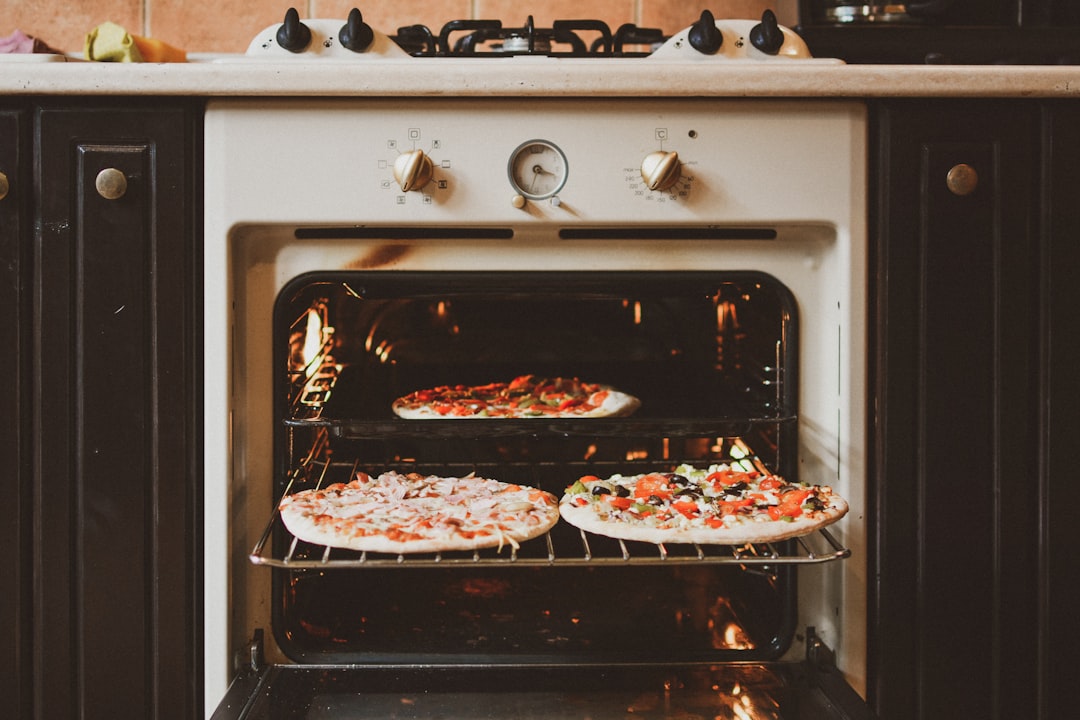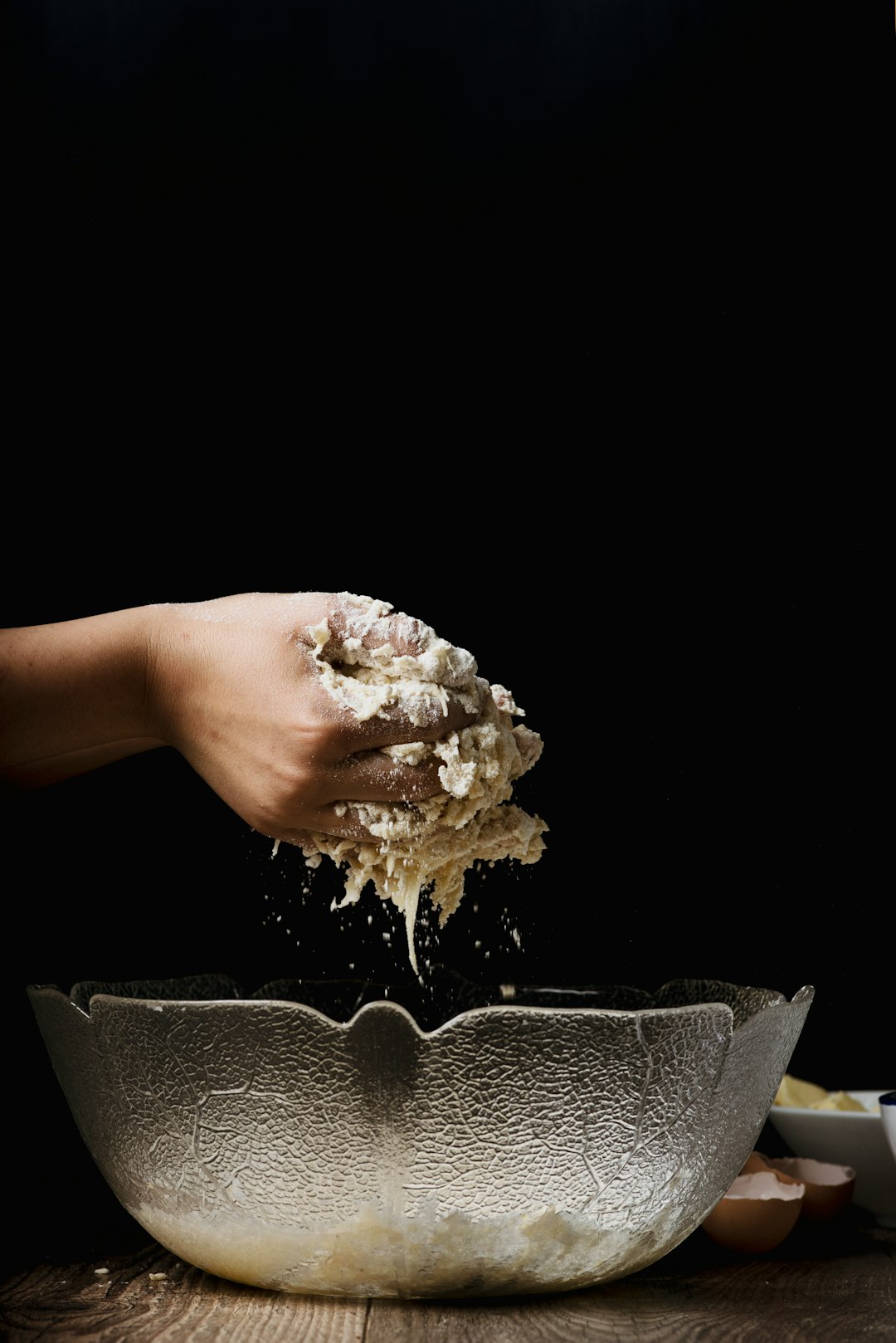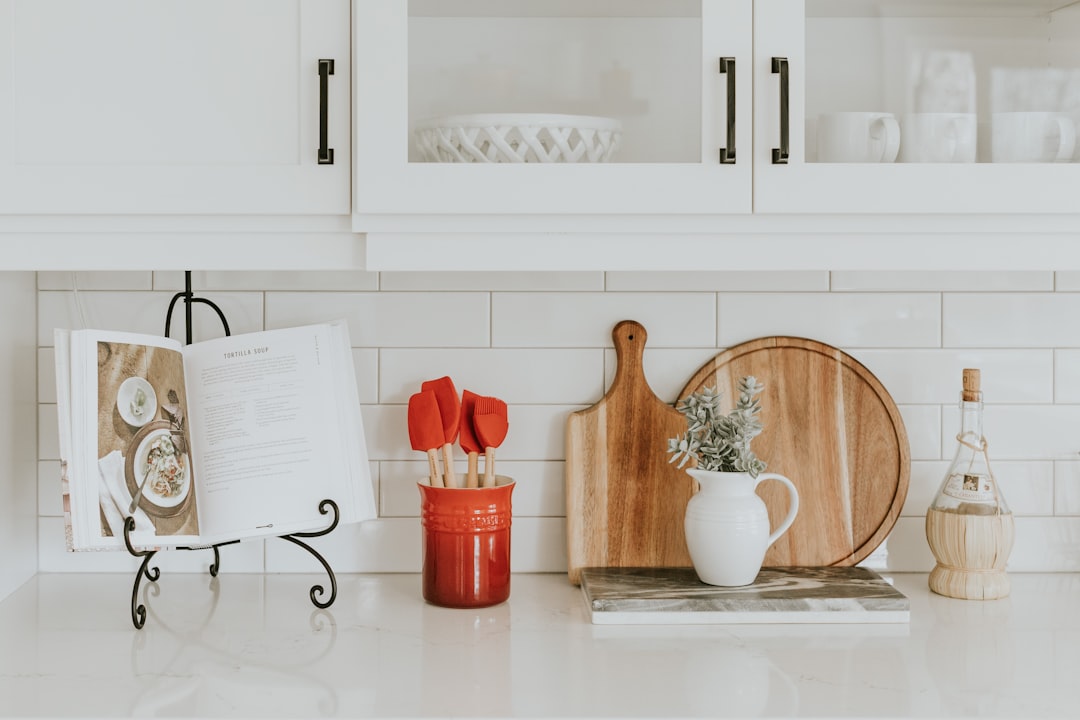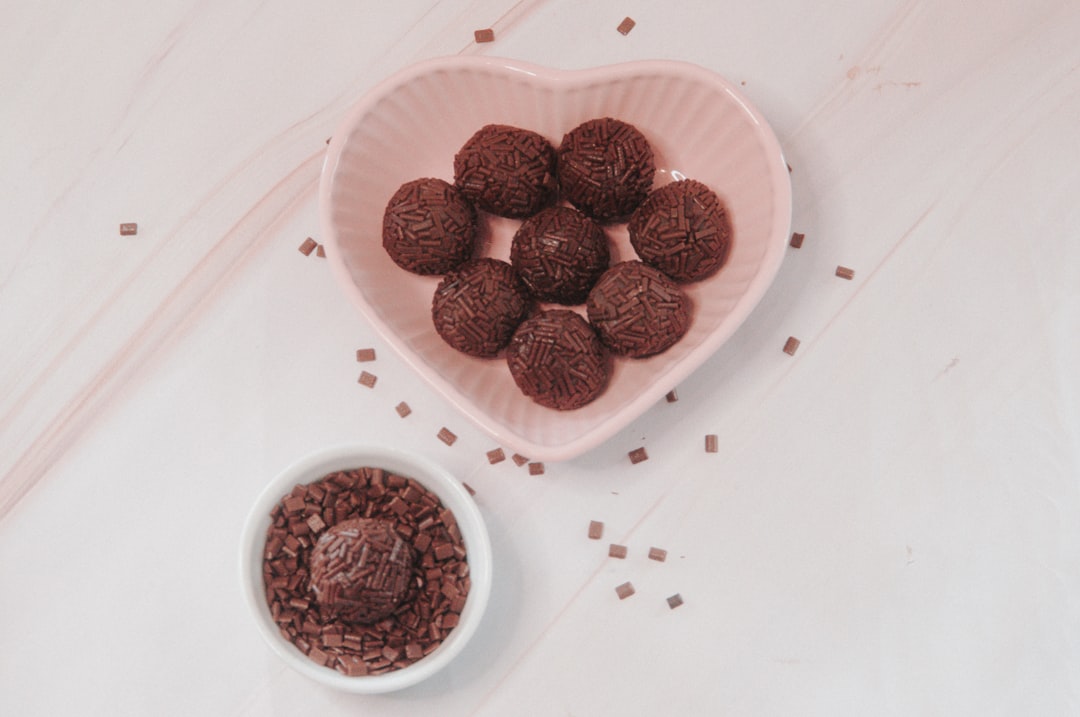
Are you tired of serving bland and unappetizing chicken dishes? Do you want to elevate your cooking skills and create mouth - watering chicken meals that your family and friends will rave about? Look no further! In this guide, we'll explore the best ways to marinate chicken and how long you should let it soak to achieve the most delicious results.
Marinating chicken is not just about adding flavor; it also helps to tenderize the meat. The acidic components in a marinade, such as lemon juice, vinegar, or yogurt, break down the muscle fibers in the chicken, making it more tender and juicy. There are two easy methods that you can use to marinate chicken, and we'll delve into each one.
Method 1: The Traditional Bowl Marinade
This is the most common way to marinate chicken. All you need is a large bowl, plastic wrap, and your choice of marinade ingredients. Start by preparing your marinade. You can use a combination of herbs, spices, oils, and acids. For example, a classic marinade might include olive oil, garlic, rosemary, lemon juice, and a pinch of salt and pepper.
Place the chicken pieces in the bowl. Make sure the chicken is evenly coated with the marinade. You can use a spoon or your hands (just make sure to wash them thoroughly afterward). Once the chicken is coated, cover the bowl with plastic wrap and place it in the refrigerator. The key here is to ensure that the chicken is completely submerged in the marinade for maximum flavor absorption.
How long should you marinate the chicken using this method? For boneless, skinless chicken breasts, 30 minutes to 2 hours is usually sufficient. The shorter time is great if you're in a hurry, while the longer time allows for a more intense flavor. For bone - in chicken pieces, you can marinate them for 2 to 4 hours. However, be careful not to marinate chicken for too long, especially if your marinade has a high acid content. Over - marinating can make the chicken mushy and unappealing.
Method 2: The Ziplock Bag Marinade
The ziplock bag method is a convenient and efficient way to marinate chicken. It uses less space in the refrigerator and ensures that the chicken is evenly coated with the marinade. First, prepare your marinade as you would for the bowl method. Then, place the chicken pieces in a large ziplock bag.
Pour the marinade into the bag, squeezing out as much air as possible before sealing it. Gently massage the bag to distribute the marinade evenly over the chicken. This method is great because it allows the marinade to come into direct contact with all sides of the chicken. Place the bag in the refrigerator.
When it comes to marinating time, the same rules apply as for the bowl method. Boneless, skinless chicken breasts can be marinated for 30 minutes to 2 hours, and bone - in chicken pieces for 2 to 4 hours. The ziplock bag method can sometimes speed up the marinating process slightly because the chicken is more tightly packed with the marinade.
Choosing the Right Marinade Ingredients
The ingredients you choose for your marinade can make a huge difference in the final taste of your chicken. Herbs like thyme, oregano, and basil add a fresh and aromatic flavor. Spices such as paprika, cumin, and chili powder can bring a bit of heat and depth. Oils, like olive oil or sesame oil, help to keep the chicken moist and also carry the flavors of the other ingredients.
Acidic ingredients are essential for tenderizing the chicken. As mentioned earlier, lemon juice, vinegar, and yogurt are popular choices. However, different acids can impart different flavors. For example, lemon juice gives a bright and citrusy flavor, while balsamic vinegar adds a sweet and tangy note.
Cooking the Marinated Chicken
Once your chicken is marinated, it's time to cook it. You can grill, bake, pan - fry, or roast the chicken. Grilling gives the chicken a nice charred exterior and a smoky flavor. Baking is a great option if you want a more even cooking process. Pan - frying is quick and can create a crispy crust, while roasting is ideal for larger chicken pieces.
When cooking marinated chicken, make sure to cook it to the proper internal temperature. For chicken breasts, the internal temperature should reach 165°F (74°C), and for bone - in chicken pieces, it should be 175°F (79°C). This ensures that the chicken is safe to eat and fully cooked.
In conclusion, marinating chicken is a simple yet effective way to transform your chicken dishes from ordinary to extraordinary. By using these two easy methods and paying attention to marinating time and ingredient selection, you'll be able to create the tastiest chicken meals that you'll want to make again and again.













